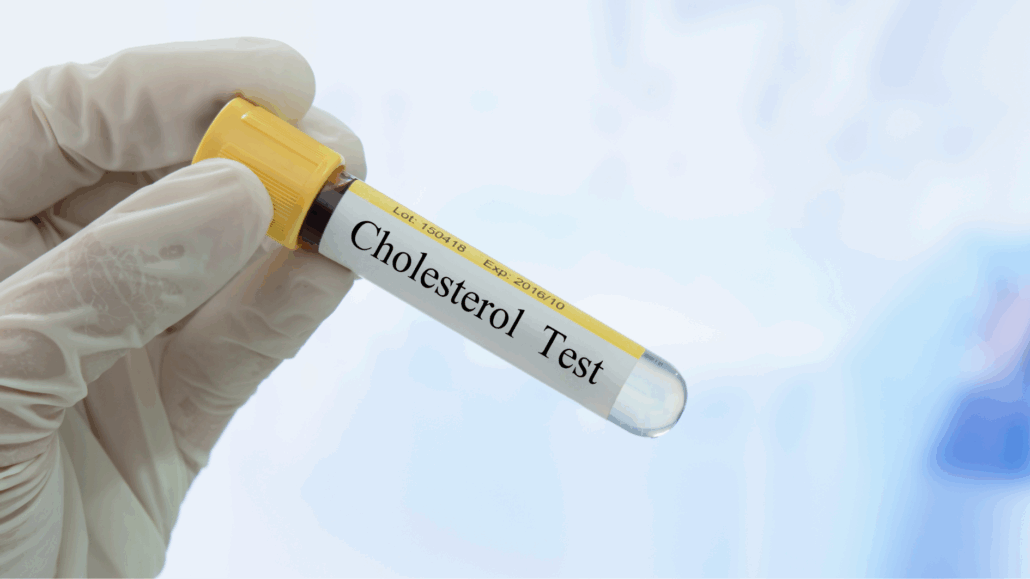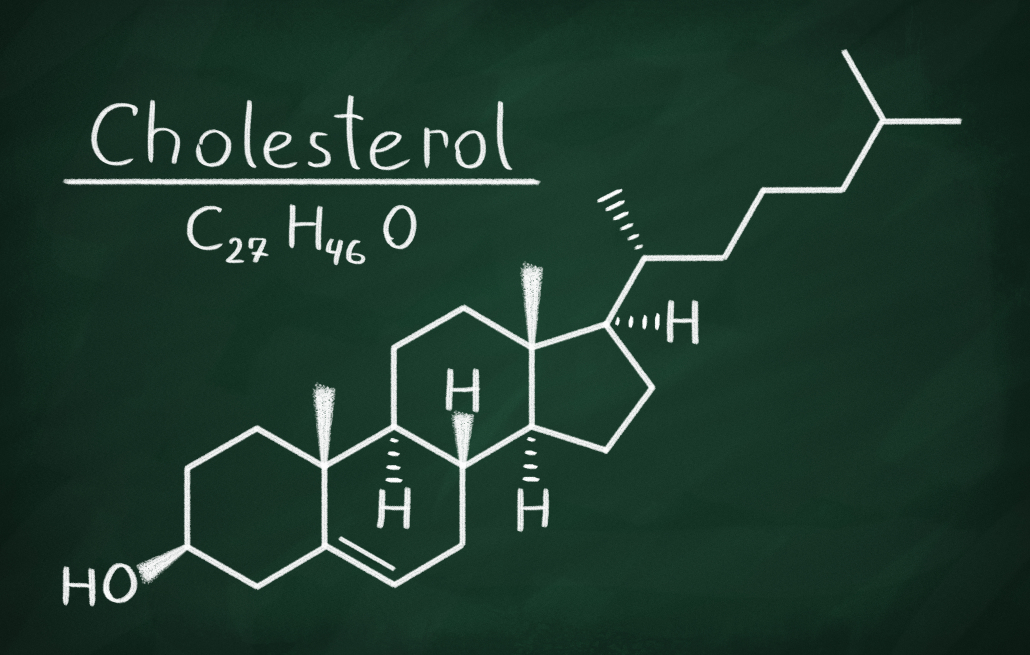We include products in articles we think are useful for our readers. If you buy products or services through links on our website, we may earn a small commission.
The Role of Cholesterol in Hormone Production and Fertility: Why Keto Isn’t the Enemy

Table of Contents
When you hear the word “cholesterol,” it’s often accompanied by a sense of caution, especially concerning health. For decades, the narrative has largely focused on limiting cholesterol intake. However, for those of us in the field of reproductive medicine, it’s crucial to reframe this understanding, particularly when it comes to hormone production and fertility. The truth is, cholesterol isn’t the enemy; it’s an essential player in the intricate symphony of your body’s hormonal balance.
Cholesterol: The Building Block of Your Hormones
Think of cholesterol as the fundamental building block for many of your body’s most important hormones. These include:
- Sex hormones: Estrogen, progesterone, and testosterone – all vital for reproductive function in both men and women.
- Adrenal hormones: Cortisol and aldosterone, which manage stress response and regulate blood pressure.
- Vitamin D: While technically a vitamin, it functions like a hormone in the body and is synthesized from cholesterol when exposed to sunlight.
Without adequate cholesterol, your body simply cannot produce these critical hormones in the amounts needed for optimal health, let alone successful conception and a healthy pregnancy. For women, this means a potential disruption in ovulation and menstrual cycles. For men, it can impact sperm production and quality.
Addressing the Misconception: A Ketogenic Way of Life and Cholesterol
Many individuals are exploring a ketogenic way of life, which often involves a higher intake of healthy fats. Understandably, this can lead to concerns about cholesterol levels. However, it’s important to differentiate between dietary cholesterol and its impact on blood cholesterol levels, as well as the type of cholesterol involved.
A well-formulated ketogenic approach, rich in healthy fats like those found in avocados, olive oil, and fatty fish, actually encourages the body to utilize fat for energy. This metabolic shift can have several positive effects on overall health and hormone balance.
The body is remarkably adept at regulating its own cholesterol levels. When you consume more dietary cholesterol, your body often reduces its internal production. Conversely, when intake is low, it produces more. Moreover, focusing on the quality of fats in your way of life is paramount. Healthy fats support the production of beneficial high-density lipoprotein (HDL) cholesterol, often referred to as “good” cholesterol, which plays a role in transporting cholesterol away from arteries.
For fertility, the concern isn’t about cholesterol itself, but rather about inflammation and oxidative stress, which can negatively impact cholesterol’s function and overall cellular health. A clean, nutrient-dense ketogenic approach, emphasizing whole, unprocessed foods, can actually reduce inflammation and support a healthy hormonal environment.
Optimizing Your Hormonal Health
Rather than fearing cholesterol, a more productive approach involves understanding its role and supporting your body’s natural processes. Here’s what to consider:
- Embrace healthy fats: Incorporate sources like avocados, nuts, seeds, olive oil, and fatty fish into your daily way of life. These provide the necessary building blocks for hormone synthesis.
- Prioritize nutrient density: Focus on whole, unprocessed foods that provide a wide spectrum of vitamins, minerals, and antioxidants to support overall cellular health and reduce inflammation.
- Manage stress: Chronic stress can disrupt hormonal balance. Practices like mindfulness, yoga, or spending time in nature can be beneficial.
- Regular movement: Physical activity supports healthy circulation and metabolic function, both of which are important for hormone regulation.
In the journey toward optimal fertility, understanding the nuanced role of cholesterol is a powerful step. By shifting our perspective from fear to appreciation, and by embracing a way of life that supports healthy hormone production, we can unlock greater potential for reproductive well-being.













